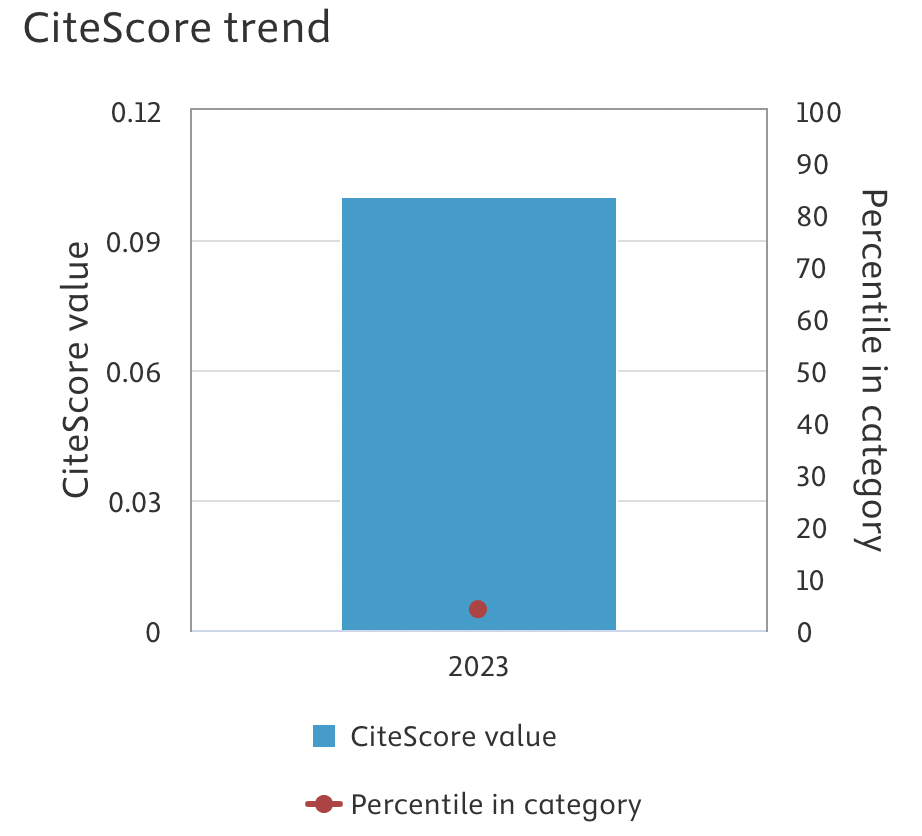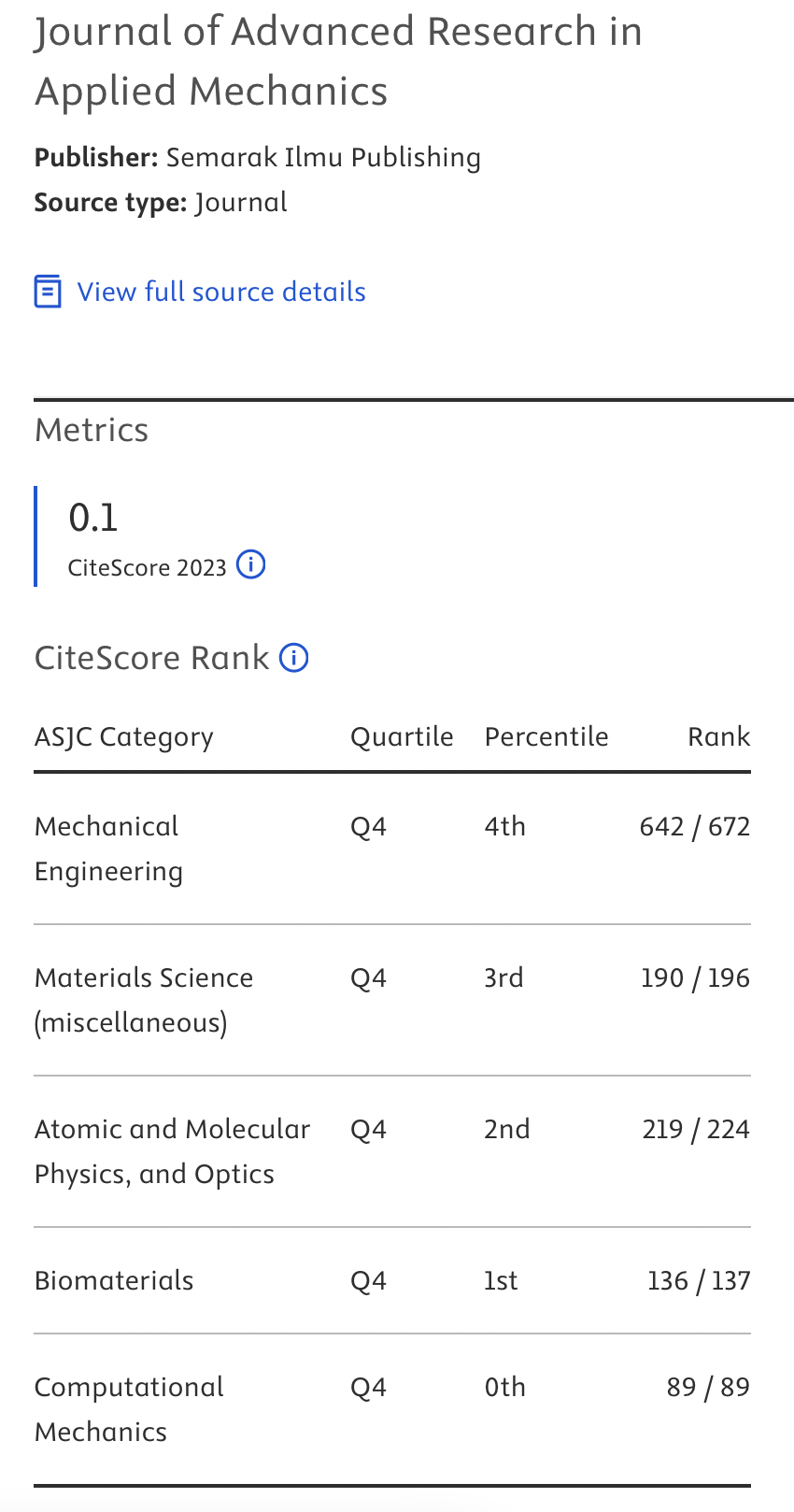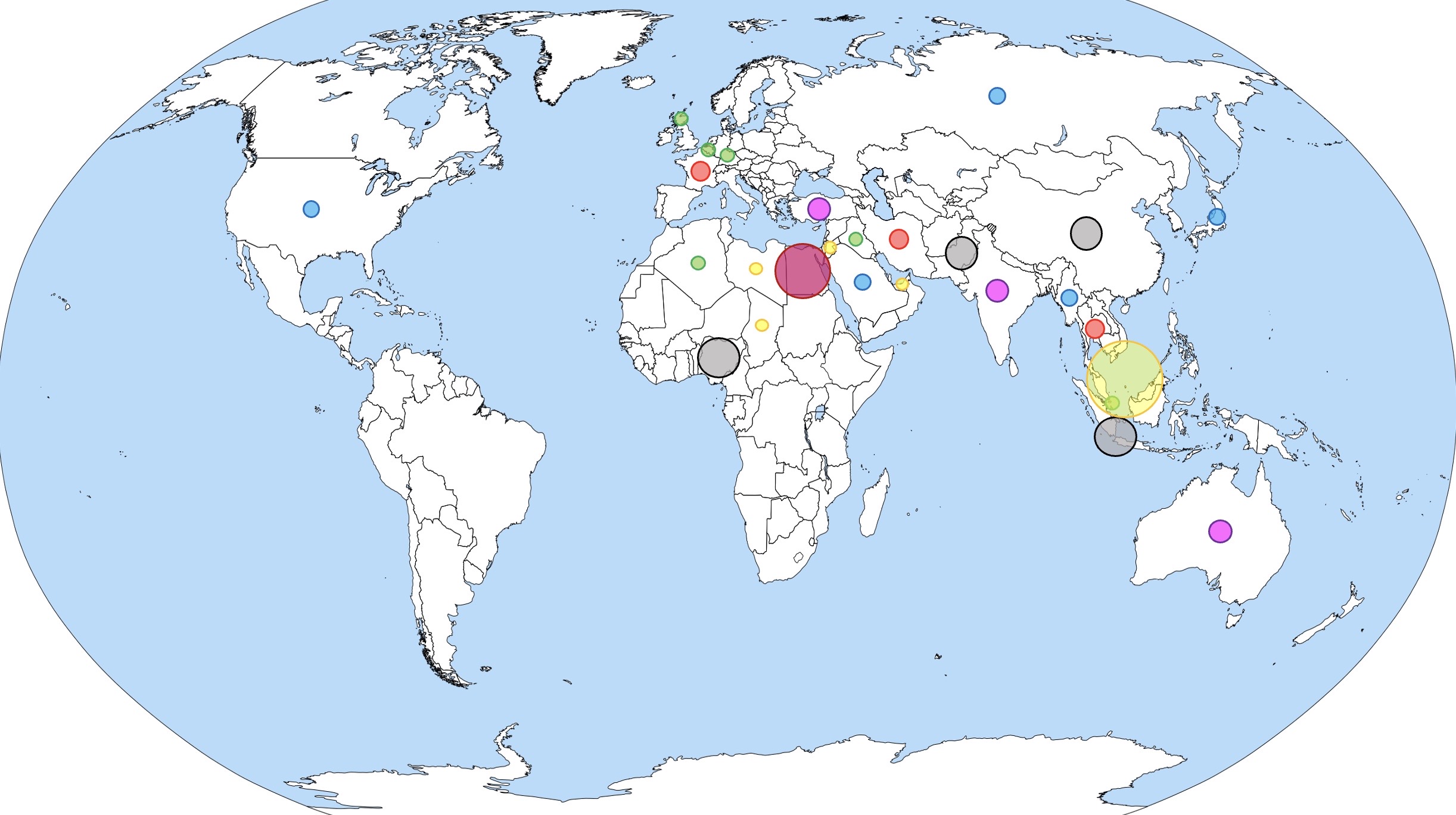Influence of Agro-Industrial Waste on Unconfined Compression Strength Parameters of Expansive Soil: An Experimental Investigation
DOI:
https://doi.org/10.37934/aram.125.1.2741Keywords:
Black Cotton Soil, Bagasse Ash, Plastic Fiber, Coir Fiber, UCS (Unconfined Compression Strength).Abstract
Expansive soils pose a significant challenge in construction due to their potential to cause structural damage through its swelling and shrinking characteristics. Simultaneously, the disposal of numerous industrial and agricultural wastes poses challenges that contribute to environmental ecosystem damage. This experimental study explores the effect of agro-industrial waste on the mechanical properties of expansive soil. Specifically, the impact of incorporating agro-industrial waste materials, such as bagasse ash, plastic strips, and coir fiber, is investigated through assessments of unconfined compression strength. The unconfined compressive strength (UCS) test was conducted to examine various parameters of different combinations involving expansive soil, bagasse ash, coir fiber, and plastic strips. The results demonstrated notable improvements in Unconfined Compression Strength (UCS), particularly when incorporating a specific combination of 10% Bagasse Ash, 0.5% Plastic Strips, and 0.75% Coir Fiber) which resulted in a remarkable 49% increase in UCS. The findings show that including plastic strips enhances UCS by 2%, Coir Fiber improves it by 5%, and a combination of Bagasse Ash, plastic strips, and Coir Fiber leads to a 7% increase in UCS. The study on incorporating agro-industrial waste materials, such as bagasse ash, plastic strips, and coir fiber, reveals substantial improvements in the mechanical properties of expansive soil. This study contributes to the sustainable utilization of agro-industrial waste for soil improvement, offering a promising avenue for eco-friendly geotechnical solutions. Future work could explore the long-term performance and scalability of these materials in various soil conditions.
Downloads



























